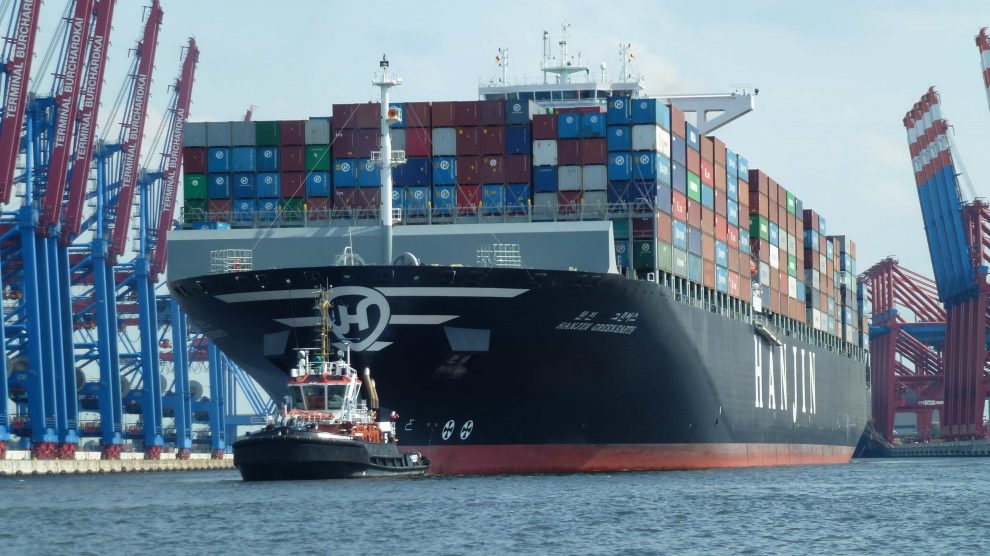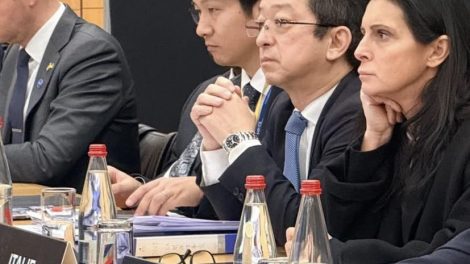Eni and Fincantieri are joining forces on the green revolution front. The two Italian companies have once again renewed their long-term strategic partnership, signing a memorandum of understanding to promote “initiatives focused on the energy transition” through integrated solutions and decarbonising projects in the fields of energy, transport and the circular economy.
This is yet another renewal and extension of the collaboration deals the two companies have been striking since 2017. This time the energy giant and shipbuilding titan want to develop synergies to reduce the environmental impact of maritime transport, the production of renewable energy and the circularity of the economy.
Sea transport is considered a hard-to-abate sector, where challenges are as complex as they are urgent. Globally, the industry emits nearly 950 million tons of CO2 per year, which makes up roughly 2.5% of climate-altering emissions.
Like other decarbonisation efforts, the idea behind this MoU is for leading companies in their respective sectors to join forces for the grounding of decarbonisation projects, starting at the national level and then exporting the solutions.
“The energy transition is first and foremost a technological transition,” quipped Eni’s CEO Claudio Descalzi, “and only companies with a strong industrial and innovative capacity, as well as the willingness to combine forces and skills, will be able to lead it.”
Meanwhile, Giuseppe Bono, CEO of Fincantieri underscored Italy’s determination in walking the green transition path. He added that the new MoU “covers a number of highly strategic national sectors, and their development will play a key role in the new circular economy that will be defined in the coming years.”
So far, joint efforts between Eni and Fincantieri has resulted in the development of floating platforms for offshore energy production, built with a modular and reversible approach and combining the respective patents. The two companies also collaborate on energy to waste conversion, production and transport of energy carriers (natural gas, methanol, hydrogen) and fuel cell applications.
Both are also carrying out other initiatives in the name of the energy transition. On Tuesday, Eni announced the inauguration of a new 87.5 MWh photovoltaic park in Northern France, through its subsidiary Dhamma Energy. The company also entered a partnership with IRENA to accelerate the energy transition, especially in fossil fuel/exporting countries.
Fincantieri recently paired with Enel X, the innovative division of another Italian energy giant, to study shore power supply of large moored ships (dubbed “cold ironing”), as well as the efficiency of new infrastructures, storage and production of electricity (including renewable energy) and fuel cells. The shipbuilding leader is also involved with wind power through its Norwegian subsidiary Vard.
Such a wide range of efforts reflects the innumerable facets of the green transition, where research and innovation prelude long-term bets in the form of massive investments. With almost €69 billion coming through for the transition through the National Recovery and Resilience Plan, Eni and Fincantieri are betting on collaboration between national champions to strengthen the chances of Italy’s success.





